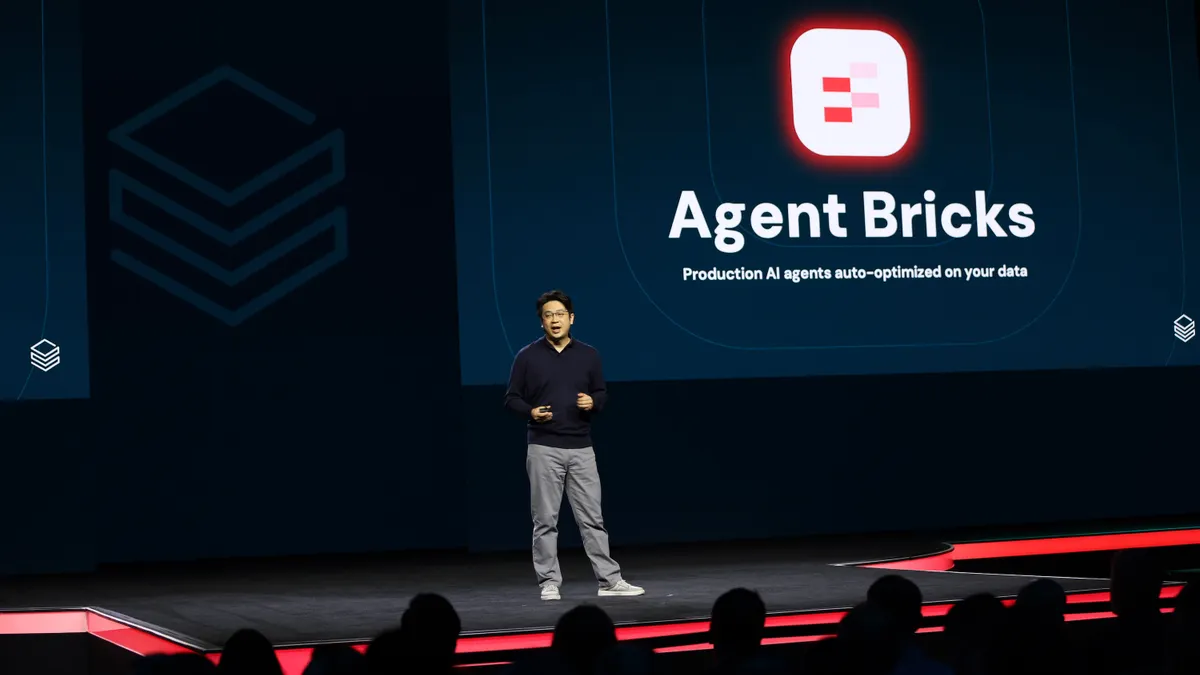The following is a guest article from Paul Brunet, VP of product marketing for Collibra, a data governance provider.
The Harvard Business Review recently reported poor quality data costs the United States $3.1 trillion annually. That's a staggering figure, especially for a global economy that expects data to be its cornerstone. Imagine the value of all those business opportunities that were missed simply because the data wasn't available.
There is a growing gap between the volume of data at our fingertips and the value it actually delivers. That's because as the volume of data increases, the quality of that data is too often compromised or becomes siloed in certain departments, unknown or unavailable across the organization.
The downstream effects of bad and hidden data are clear. The business intelligence and analytics tools, which we anticipate will help us make sense of all this data, will only produce insight and analysis commensurate to the data provided. Like garbage in/garbage out, bad or incomplete data drives poor business decisions.
Many organizations are now looking to redefine data governance to help them manage their data from the first touch. The market has introduced innovative tools and platforms that help organizations to not only define policies and practices, but make it easier to find, understand, trust and use data to drive value.
The hunt for data
Decision makers, managers, data scientists and knowledge workers waste too much time looking for valuable data. An individual business user can take hours or even days to find a single piece of data. Typically, the individual might send multiple emails to multiple co-workers, inquiring about the data's accuracy or location.
Magnify this process across an entire organization and the cost of hidden data becomes enormous — resulting in negative outcomes such as poorer performing marketing campaigns, unrealized product innovation and more limited market growth.
What should be a simple, straightforward search turns into a prolonged hunt. Why? Because in today's data lakes, meaningful data and insignificant data co-exist, making it challenging to identify and use that data.
Data governance today allows organizations to manage the availability of their data so users can spend their energy on fruitful searches that yield useful results. Data governance organizes and labels data so users can be confident about the data they are pulling and why, gaining the ability to understand the results they are reporting.
This results in more successful BI initiatives because users know exactly what they're looking for — and exactly where to find it — when they begin a search. It also eliminates a user's need to re-evaluate results later on when they discovered they may have missed a critical data point.
And as data governance continues to evolve and become more sophisticated, it adds further value to a user's ability to find data by identifying associations, applying community tools and leveraging artificial intelligence and machine learning.
Poor BI initiatives lead to strategic missteps
Data that is difficult to find delays decision-making on all ends. More important, if the right data is not delivered or is inaccurate, businesses are at risk of making massive strategic missteps.
For example, a business might miss its growth targets because data led it to focus on the wrong customers. Similarly, without the right data, the ability to see the big picture and make decisions in real-time to capitalize on opportunities is lost.
Hindsight is 20/20, but it's not an effective business practice. Even worse, a new investment in using AI to better target new markets may be wasted since the underlying data was inaccurate. These concerns about bad data rise all the way up to the C-level.
When data is hidden in plain sight, users are unable to access or share data. And when they do find hidden data, they don't know whether to trust what they've found. Data governance drives informed decisions based on clear, documented data. It prioritizes issues, answering users' questions before they review the final results, and it saves significant time by steering users toward valuable data.
The cost of hidden data is high. But data governance provides a platform to manage the integrity of data. True data governance empowers data users to find the data they need, collaborate on it, easily understand its meaning and, most of all, trust the data to drive competitive advantage.
Now is the time to re-evaluate your data governance initiatives to ensure they're driving maximum value for your organization.





















